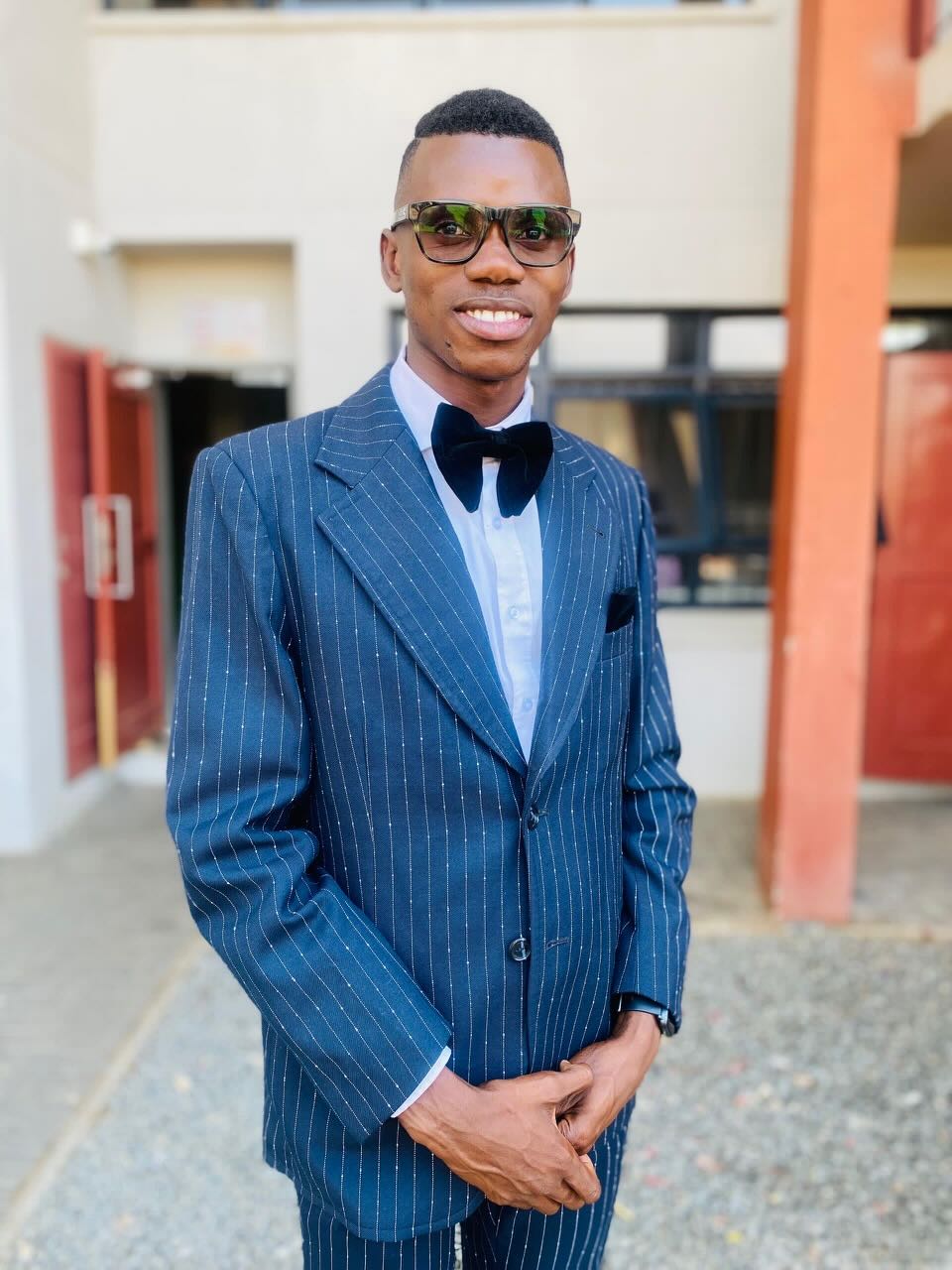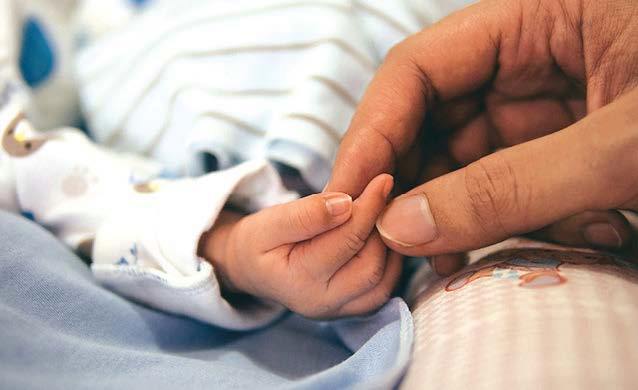By Andreas Taapopi
I have observed how schools are actively engaged in physical education (PE) at the beginning of the year, but the practice often tails off as time goes by.
This is especially common in rural settings.
I have also learnt that principals generally allocate the PE responsibility to any available teacher regardless of whether they are skilled at the task at hand or not.
Did you also know that PE periods are often used for other subjects or are ‘free periods’ altogether?
Now, guess the impact this has on the development of athletes’ for national and international performances.
There is a reason that leading sport nations invest in youth sport at school level, complete with the necessary expertise to discover and mould talent. That is where their super stars, that we so admire, come from.
PE teachers in Namibia are at a pivotal crossroads, where their actions or inactions can significantly influence the future of athletes.
Despite the critical role they play in comprehensively developing young talent, many educators may take their responsibilities for granted, leading to detrimental consequences for aspiring athletes.
PE is not a filler subject; it is a vital component that shapes the physical, mental, and social development of pupils. Engaging in regular physical activity through structured PE programmes enhances athletic performance and fosters essential life skills such as teamwork, discipline, and resilience.
Research indicates that pupils who participate actively in PE are more likely to excel not only in sport but academically and socially as well, which is crucial for their overall development and future success.
Mismanagement of PE lessons can result in several significant shortcomings like underdeveloped athletic skills.
This is caused by complacency in teaching methods which leads to a lack of proper training and skill development among young athletes. Studies show that well-structured training programmes significantly enhance physical fitness and tactical performance.
Without these programmes, students may miss out on developing critical skills necessary for competitive sport.
Poor attention to PE has also been found to impact academic performances. There is a strong correlation between physical activity and academic success.
Pupils engaged in regular PE tend to demonstrate improved concentration, memory retention, and classroom behaviours.
Neglecting this aspect can hinder not only athletic potential but also academic achievement.
Then, there are long-term health risks due to a lack of emphasis on physical fitness during formative years, leading to conditions such as obesity and related health struggles later in life.
Teachers must recognise their role in promoting healthy lifestyles among students, which can have lifelong benefits.
THE CALL TO ACTION FOR PHYSICAL EDUCATORS
To safeguard the future of athletes at an international level, our education system must prioritise continuous training in modern teaching methodologies and sport science must be seen as essential.
Educators should seek opportunities for professional growth to enhance the effectiveness in delivering quality PE programmes.
Utilising evidence-based training strategies can significantly improve students’ physical fitness and tactical skills. Programmes like multivariate training have shown positive effects on both physical performance and engagement during games.
Then, there is a need to advocate for resources. This can be attained through smart partnerships with sport bodies, the business community or getting the ministries of education and sport to collaborate on projects.
It is important to note that building strong relationships with pupils fosters a positive learning environment where they feel motivated to participate actively. Understanding individual pupil needs will help tailor programmes that maximise engagement and performance.
The future of our athletes on the international stage depends significantly on the commitment of PE teachers.
By recognising the importance of their role and actively working to improve themselves and the quality of PE programmes, educators can cultivate a culture of excellence in and outside the classroom.
This not only brings positive attention to their schools, but unlocks opportunities for themselves and their pupils.
Prioritising effective physical education is essential, not only for developing elite athletes but also for nurturing well-rounded individuals who can thrive in both sport and life – an educators pride.
The time to act is now, by investing in quality PE today to yield tomorrow’s champions and alumni who can re-invest in their schools.
*Andreas Taapopi is an athlete and a sport management and policy development scholar.
Stay informed with The Namibian – your source for credible journalism. Get in-depth reporting and opinions for
only N$85 a month. Invest in journalism, invest in democracy –
Subscribe Now!








